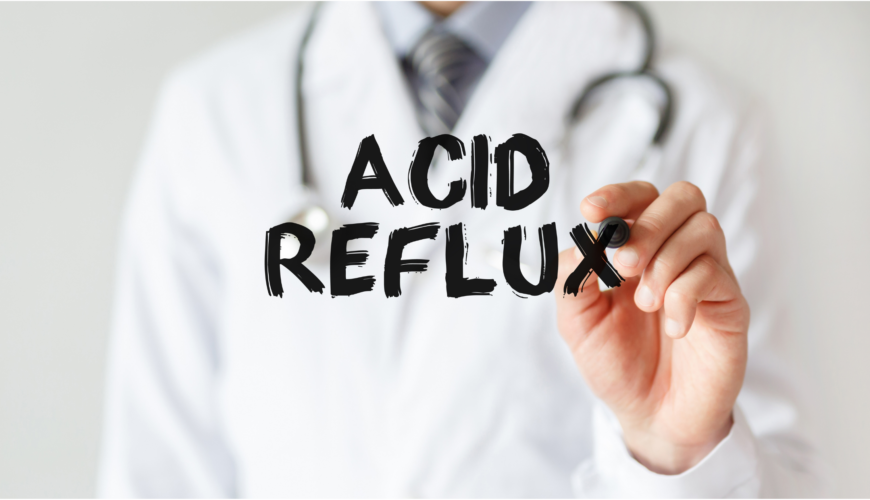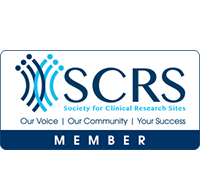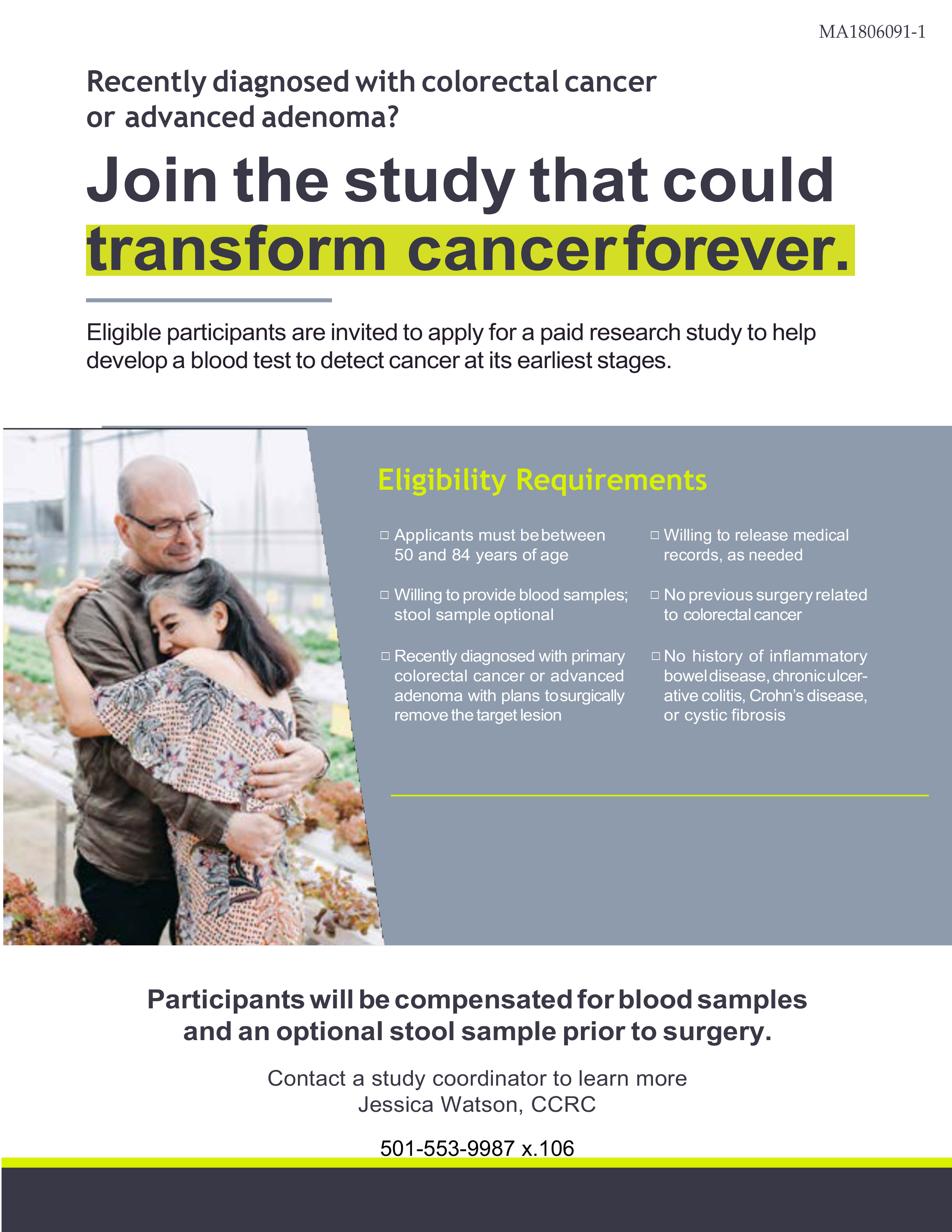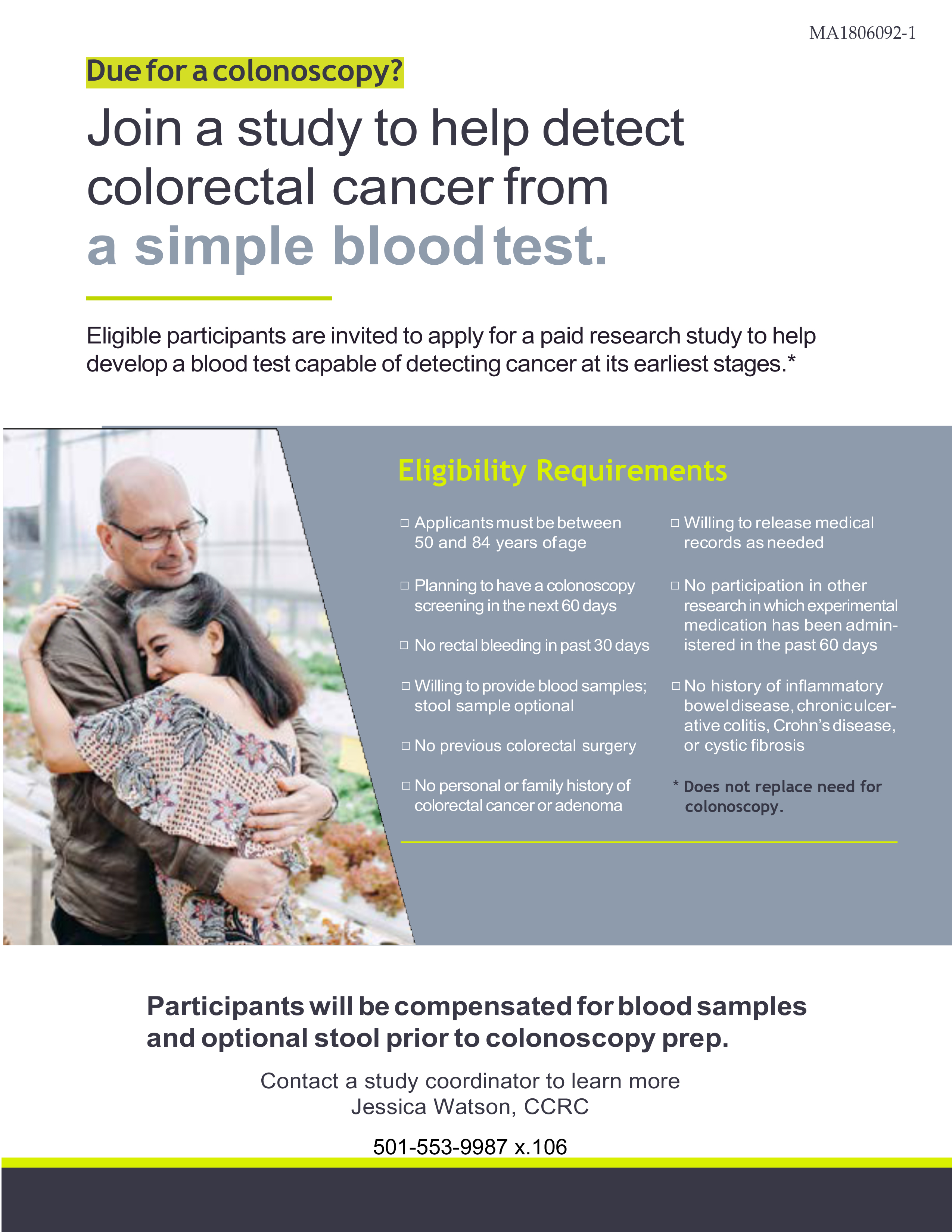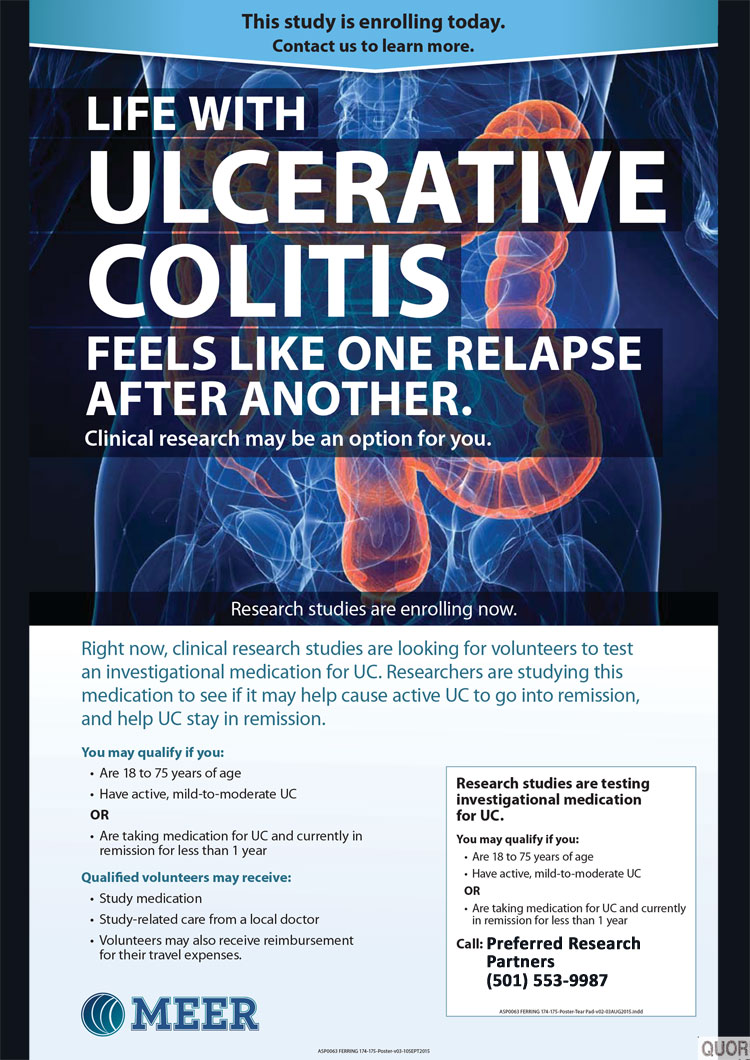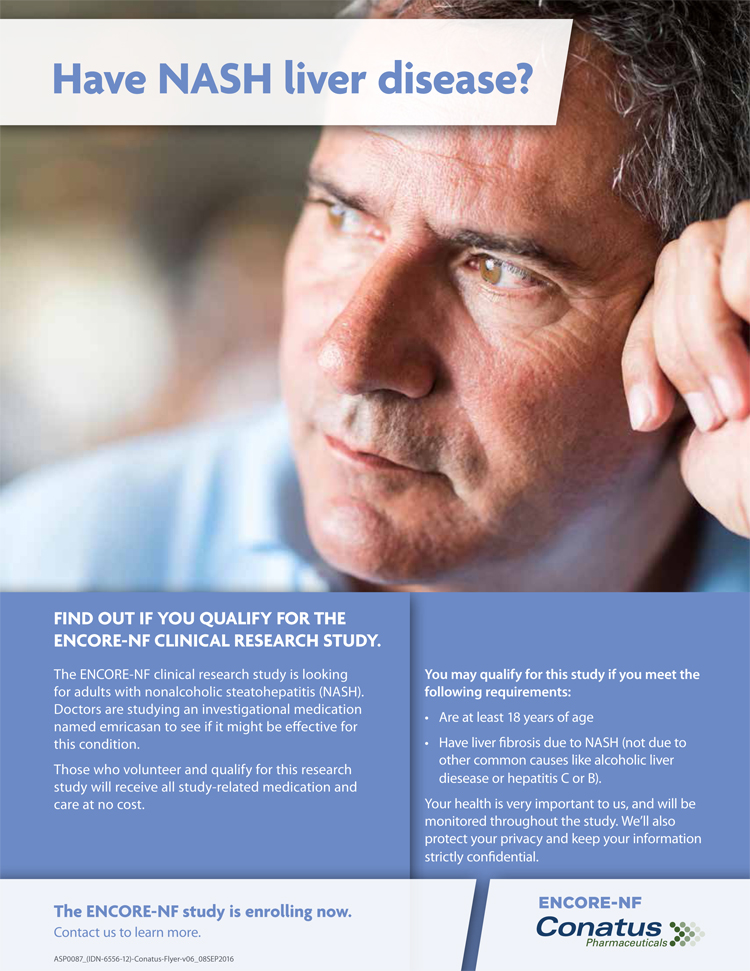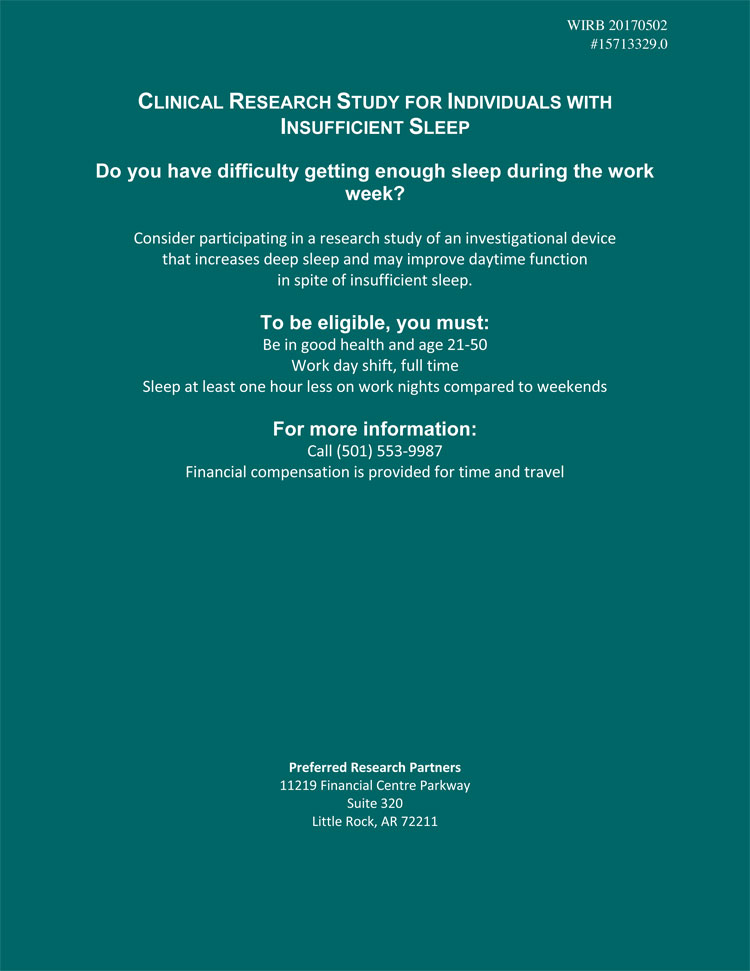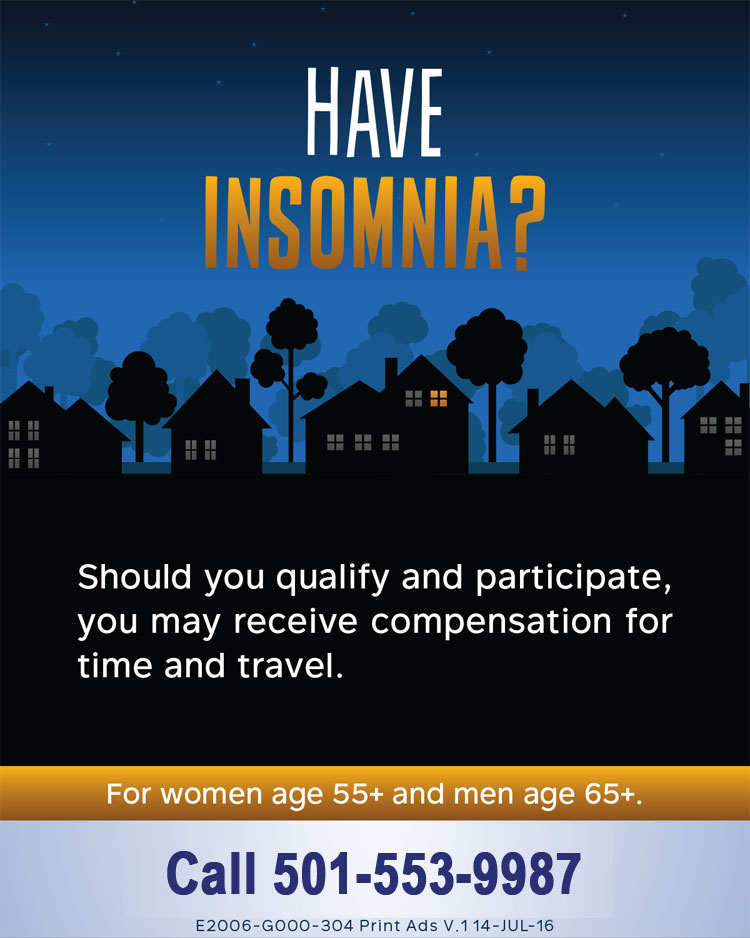Gastroesophageal Reflux Disease (GERD)
If you experience a burning discomfort in the chest during or after eating, you may have acid reflux. Acid reflux is a chronic digestive disease that occurs when stomach acid or bile flows into the food pipe and irritates the lining. Acid reflux is also referred to as gastroesophageal reflux disease (GERD). Symptoms of GERD include belching, heartburn, nausea, regurgitation, bitter taste, discomfort in upper abdomen, or dry cough.
Non-erosive Reflux Disease (NERD)
What is non-erosive reflux disease (NERD)? NERD is a type of gastroesophageal reflux disease (GERD) in which the esophagus is unharmed by stomach acid. The main difference between the two is that NERD produces all the same symptoms as GERD but does not cause any damage or injury in the esophagus. NERD can be diagnosed by a conventional endoscopy as a condition with reflux symptoms and the absence of damage to the esophagus.
Erosive Esophagitis
Gastroesophageal reflux disease is a serious condition and should not be left untreated. If GERD is left untreated, one can develop erosive esophagitis. Unlike non-erosive reflux disease (NERD), erosive esophagitis is a type of esophagitis in which there is esophageal damage. Esophagitis is inflammation, irritation, or swelling of the lining of the esophagus, which is the tube that runs from the throat to the stomach. Esophagitis can cause difficulty for the esophagus to move food and liquid from your mouth to your stomach, and in some cases scarring or narrowing of the esophagus, or difficulty swallowing.
What is some lifestyle changes you can make that may help acid reflux or heartburn?
- Do not lay down about three hours after eating a meal
- Consume smaller and more frequent meals throughout the day
- Avoid pressure on your abdomen with loose-fitted clothing
- Maintain a healthy weight
- Quit smoking
These types of food or beverages should be avoided if they are found to usually trigger your acid reflux and heartburn:
- fatty or fried foods
- alcohol
- coffee
- carbonated beverages, such as soda
- chocolate
- garlic
- onions
- citrus fruits
- peppermint
- spearmint
- tomato sauce
If you experience acid reflux or heartburn, it is important to speak to your doctor or a medical professional about your symptoms and concerns. If you are interested in participating in a clinical trial, please contact us or visit our current studies page to learn more or see if you qualify.

